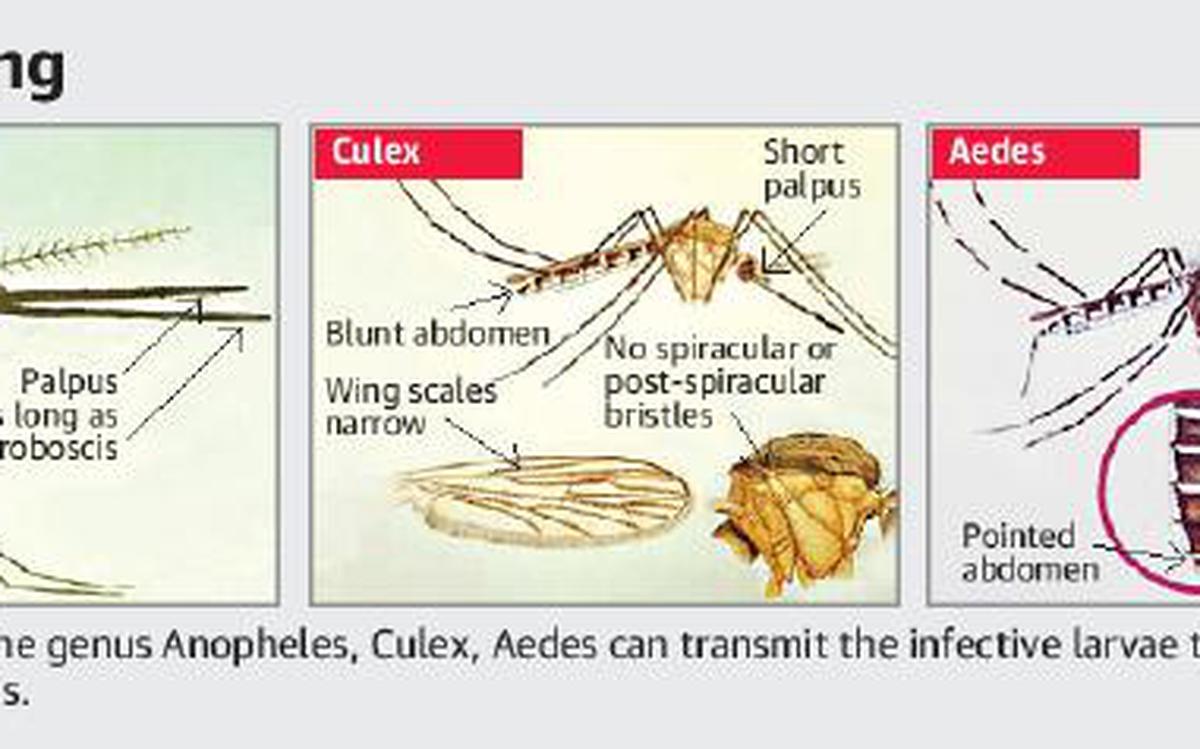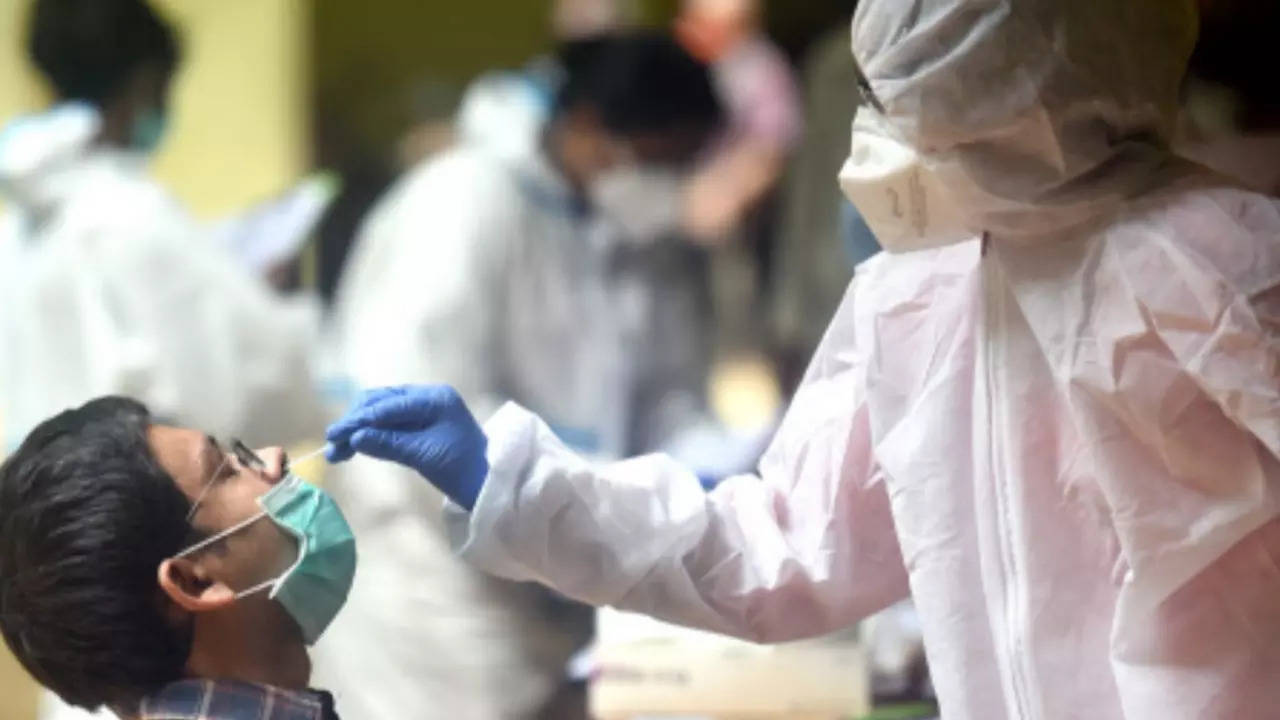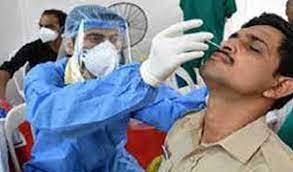
Dileep V Kumar, Thiruvananthapuram, October 3
In a bid to eliminate lymphatic filariasis (LF), a mosquito-borne infectious disease, Kerala is set to undertake its first-ever transmission assessment survey (TAS) in Palakkad and Malappuram districts. The said survey, in its third round, will also be conducted in Alappuzha and Kasaragod districts. In the state, except Pathanamthitta, Idukki, and Wayanad districts, the other 11 districts have been identified as endemic ones.
“To eliminate LF, mass drug administration (MDA) has been recommended by the World Health Organization (WHO). MDA is a process to interrupt the transmission of LF which should be monitored at every step. TSA is a tool designed to know whether or not the transmission is interrupted by MDA and therefore this is the true evaluation of MDA,” said a health official.
Activities to eliminate LF have been in effect in the state since 2004.
As part of the programme, annually, as per the WHO recommendation, a combination of two drugs – a single dose of DEC (Diethylcarbamazine citrate) and Albendazole – for five years or more to the eligible population to interrupt transmission of the disease is provided. Those who are exempted from this are pregnant women, children below two years of age, and seriously ill persons.
In Kerala, three rounds of TAS, each at an interval of two years, to assess the success of the MDA programme have been completed in seven districts – Trivandrum, Kollam, Kottayam, Ernakulam, Thrissur, Kozhikode, and Kannur. Of the remaining four endemic districts, two rounds of TAS have been completed in Kasaragod and Alappuzha districts. In Palakkad and Malappuram districts TAS is yet to be started.
According to the health department, the third round of TAS in Kasaragod and Alappuzha districts and the first round of TAS in Palakkad and Malappuram districts are due this year. And this has to be done in selected schools in the district among children of first and second standards. The data collection and other preliminary works for TAS in these districts have been completed.
For the successful implementation of the survey, district collectors, local self-government institutions, and the general education department of the respective four districts have been asked to co-operate with the health authorities.
Lymphatic filariasis, commonly known as elephantiasis, is a neglected tropical disease. Infection occurs when filarial parasites are transmitted to humans through mosquitoes. Infection is usually acquired in childhood causing hidden damage to the lymphatic system.
Lymphatic filariasis impairs the lymphatic system and can lead to abnormal enlargement of body parts, causing pain, severe disability, and social stigma.
According to the WHO, effective monitoring, epidemiological assessment, and evaluation are necessary to achieve the aim of interrupting LF transmission.
As India is a signatory to the World Health Assembly Resolution in 1997 for Global Elimination of Lymphatic Filariasis, a National Task Force on Elimination of Lymphatic Filariasis under the chairmanship of the Director General of Health Services is in operation.









